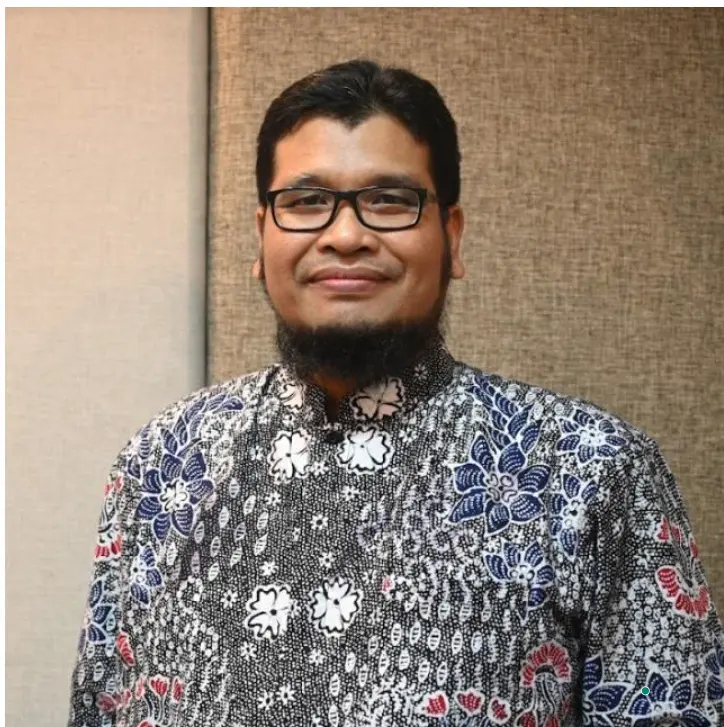UNAIR NEWS – A proposal suggesting settlement fines for corrupt officials has sparked public debate following President Prabowo’s statement advocating for pardoning corrupt individuals on the condition that they return stolen assets. Despite subsequent government clarification, the statement has drawn criticism due to its perceived leniency toward corruption offenders.
According to Riza Alifianto Kurniawan, SH MTCP, a legal expert from the Faculty of Law Universitas Airlangga (UNAIR), current legislation does not permit the use of settlement fines in corruption cases. “Existing regulations do not allow settlement fines for corruption. The current framework emphasizes punitive measures to deter such acts, which include imprisonment, fines, and restitution of state losses if applicable,” he explained.
Kurniawan pointed out that implementing such a policy would mark a significant shift in legal and political norms. However, he underscored that settlement fines alone would not absolve offenders of criminal responsibility. “In the future, settlement fines might be considered and permitted, but the determination of guilt remains essential. This would represent a new direction in legal policy,” he stated firmly.

Kurniawan cautioned that allowing settlement fines might lead to repeat offenses, as offenders could perceive it as a way to escape harsher penalties. He argued that accountability must remain central to anti-corruption efforts. “If people see that returning stolen assets shields them from criminal charges, it may encourage repeat offenses. However, combining asset recovery with criminal accountability ensures a stronger deterrent, making individuals think twice before committing corruption,” he elaborated.
Addressing the government’s focus on asset recovery, Kurniawan stressed that holding offenders accountable for their actions is equally critical. He noted that the stigma and criminal record associated with corruption play an essential role in deterrence. “Asset recovery is necessary because the state incurs losses, but offenders must also be held accountable to ensure they bear the stigma. It is important for society to know that the individual was once a corruptor,” he explained.
Room for further discussion
While the settlement fine proposal has generated public interest, Kurniawan observed that it remains vague and lacks concrete direction. He encouraged broader discussions to refine the idea and determine its feasibility. “There remains ample room for debate and improvement of the ideas. As a researcher, I will observe and await the state’s policy direction. For now, it is merely a proposal, leaving much room for discourse on whether it will materialize,” he explained.
In conclusion, Kurniawan reaffirmed that corruption is a public crime that severely harms the state. He argued that anti-corruption laws should prioritize deterrence to prevent future violations. The UNAIR legal expert warned that leniency without a strong deterrent effect would undermine efforts to combat corruption effectively.
Author: Khumairok Nurisofwatin
Editor: Edwin Fatahuddin









